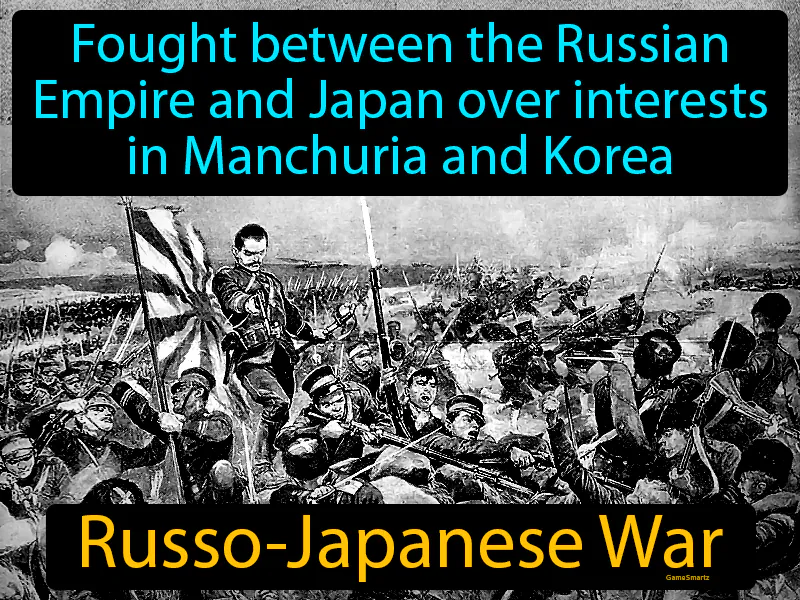Russo-Japanese War
Russo-Japanese War: Easy to understand
The Russo-Japanese War was significant because it showed how emerging powers like Japan could challenge larger empires, influencing global perceptions of power. It highlighted the importance of naval strength and control over resources, themes that were central to U.S. imperialism during the same period. The war also underscored the importance of diplomacy, as President Theodore Roosevelt helped negotiate the Treaty of Portsmouth, earning a Nobel Peace Prize. Today, these ideas matter in how countries approach international conflicts, emphasizing negotiation and strategic alliances. For an average person, this history can impact everyday life by shaping the global economy, affecting job markets, and influencing international travel safety through peaceful diplomacy.

Practice Version

Russo-Japanese War: Fought between the Russian Empire and Japan over interests in Manchuria and Korea. Russo-Japanese War. It was a conflict in 1904-1905 where Japan emerged victorious, marking the first time an Asian power defeated a European one in modern history.